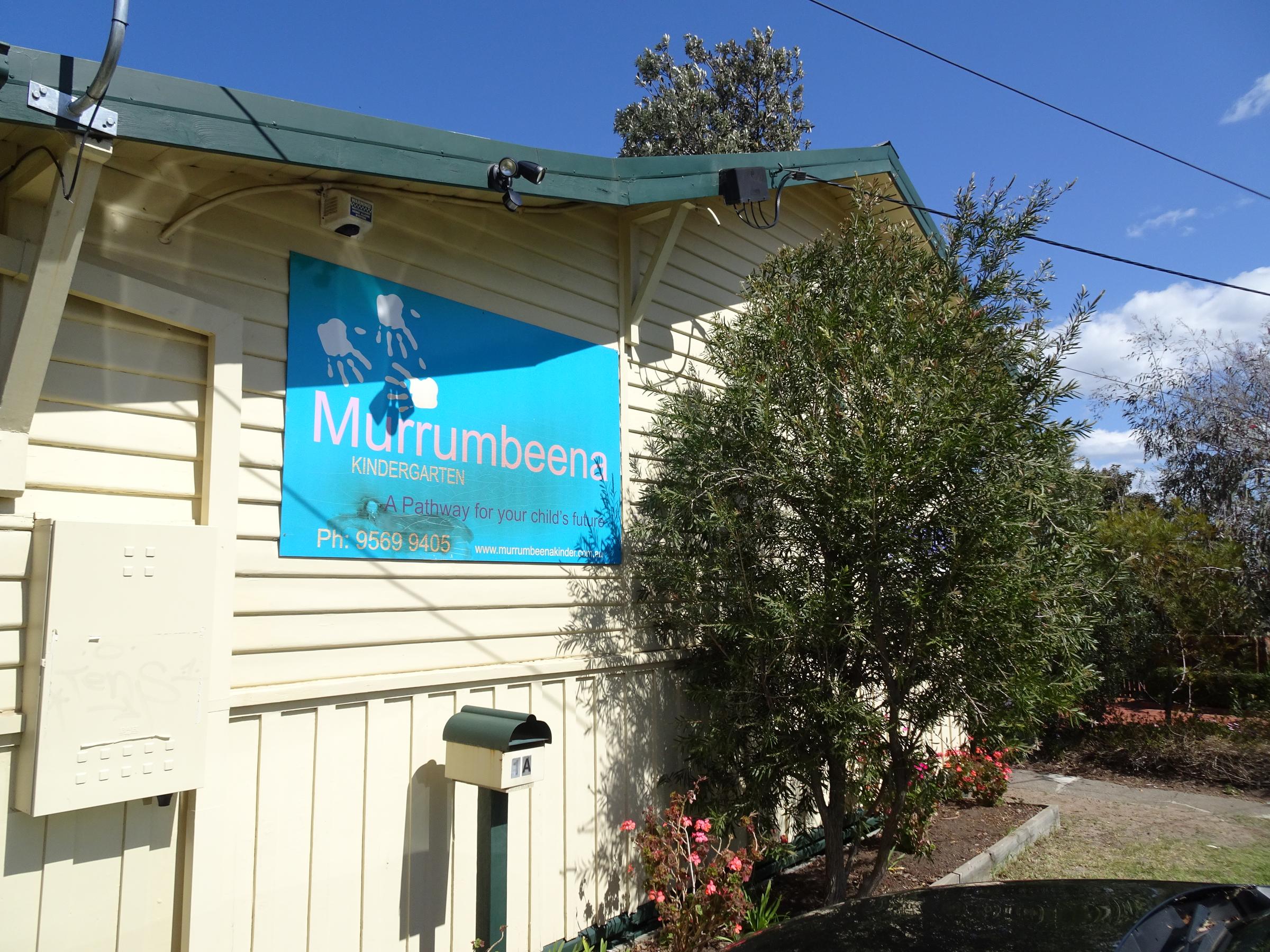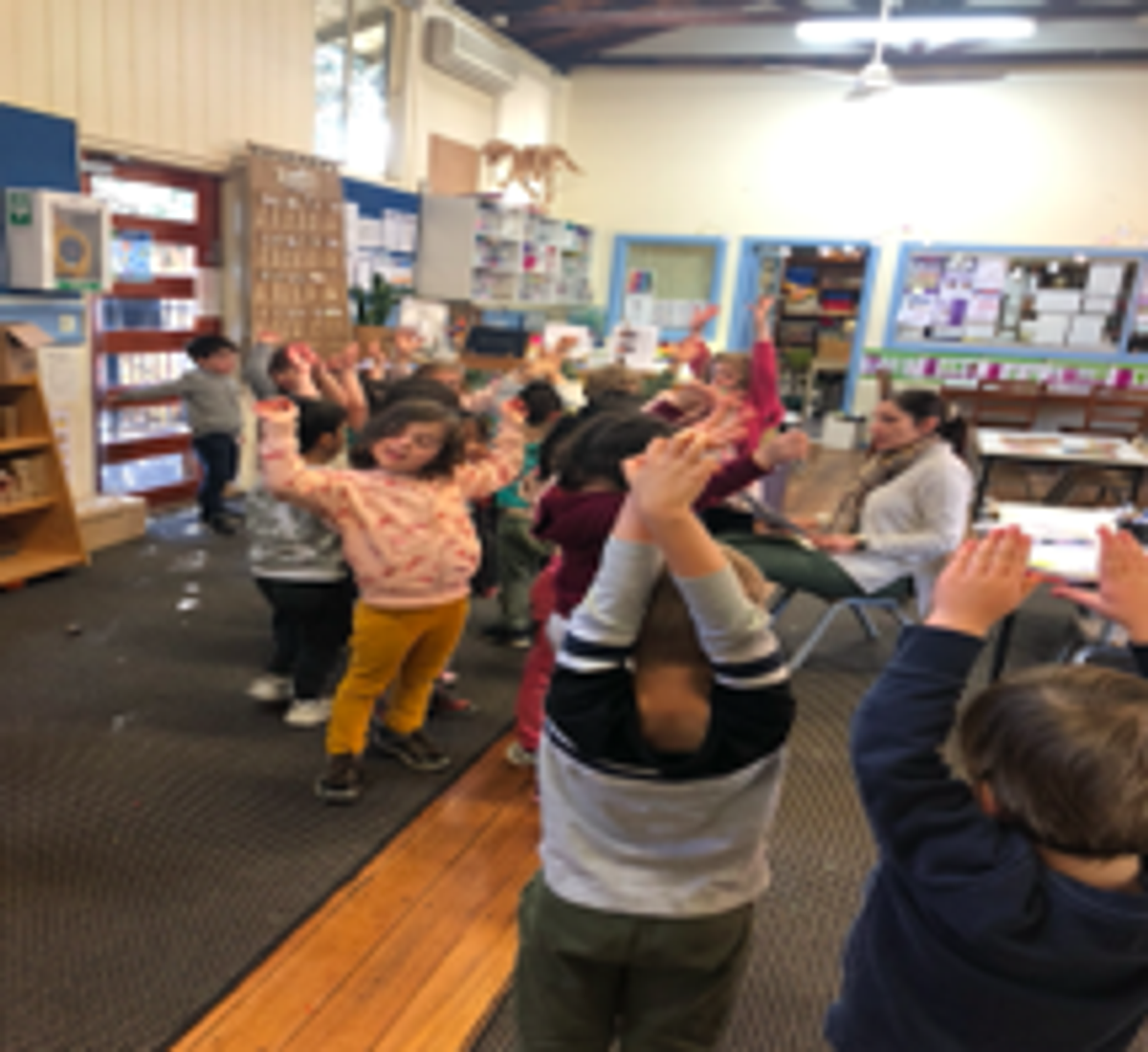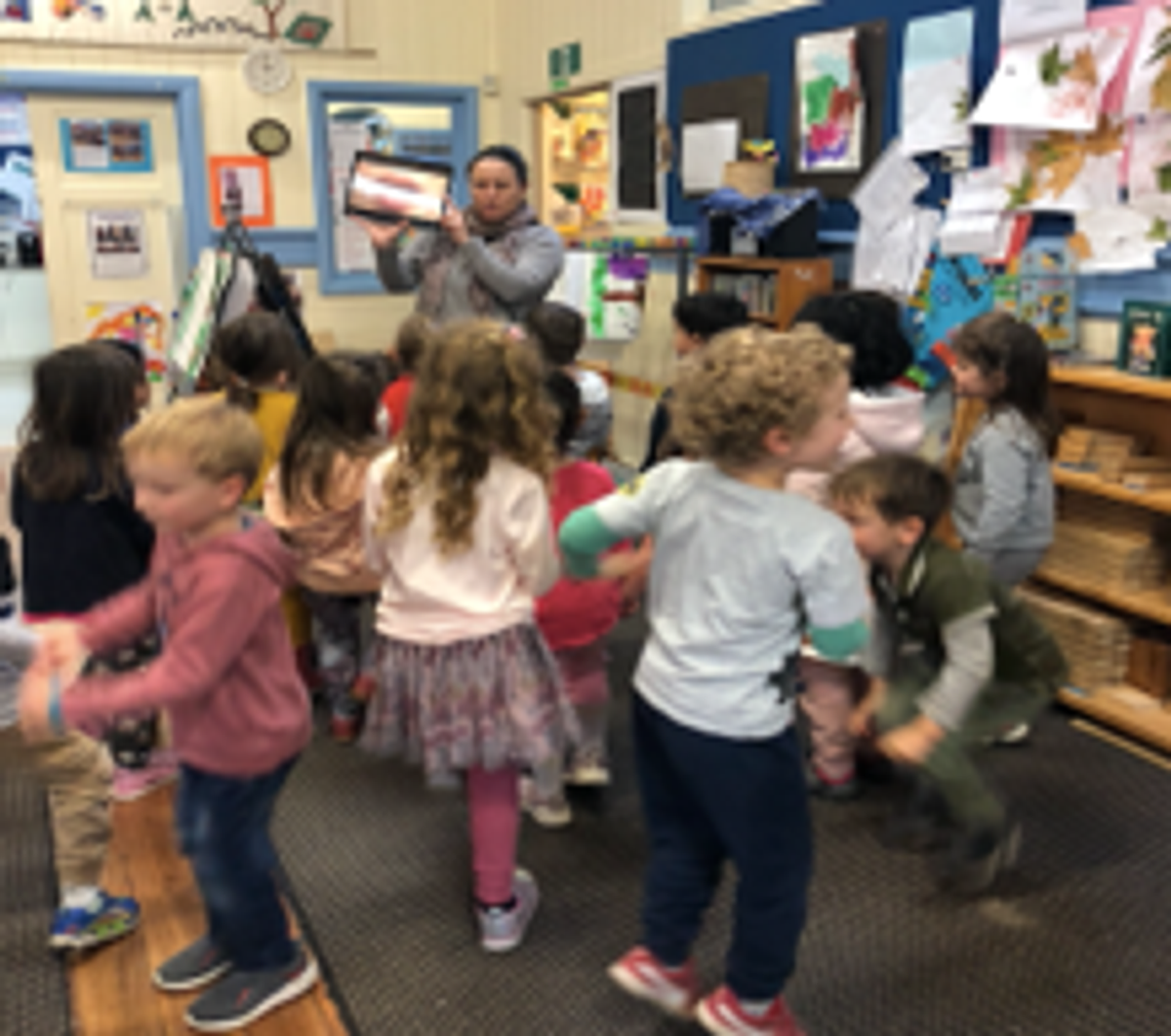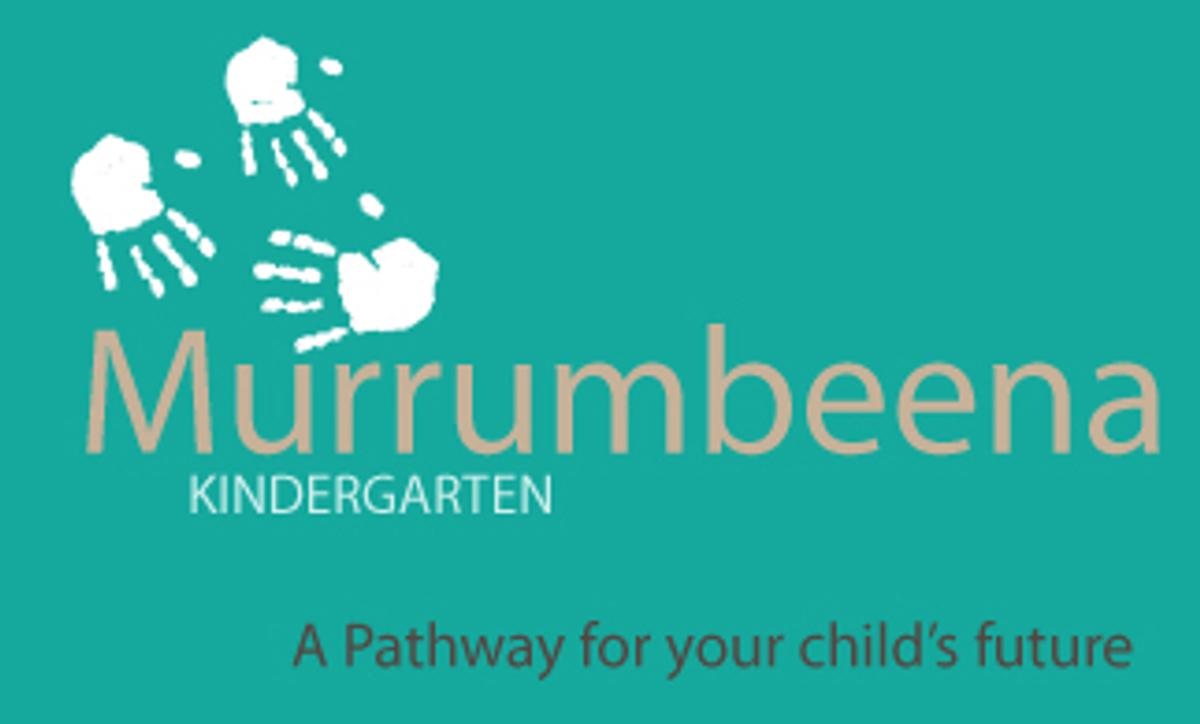GEKA Murrumbeena

Respect with Authenticity
Carol Vassiliou, Early Childhood Teacher
Educators recognise that diversity contributes to the richness of our society and provides a valid evidence base about ways of knowing. For Australia it also includes promoting greater understanding of Aboriginal and Torres Strait Island ways of knowing and being”
(EYLF, 2009, p.13).
Learning about Australia’s Indigenous culture and history is not new to the kindergarten. We strive to incorporate Aboriginal perspectives genuinely and respectfully into the program in ways the children can understand. When looking into how best to include an Acknowledgement of Country into our practices, one of our educators, Paula, shared what she had heard from others working in early childhood education.
This Acknowledgement is specific to the Boon Wurrung people and says thank you to country, language and spirit. It invites children to engage and interact through actions and Indigenous language. Having the children participate makes it meaningful for them, and where they can act out with actions and grasp an understanding of the language that is being used.
Acknowledgement of Country:
(We all bend down and touch the ground).
We are proud to acknowledge the Boon Wurrung as the first people of this land, in which we live, love and play. We acknowledge that the Boon Wurrung culture is our history.
(everyone stretches their hands to the sky).
We acknowledge Boon Wurrung custodians and elders; future, past and present.
Acknowledgement to Language:
We are Bubups
We are kids
We are Yen Yen
We are boys
We are Murmurdeek
We are girls
Acknowledgement to Spirit:
(Everyone put their hands on their heart)
We agree to follow Bunjils law and acknowledge Melburnians spirit by:
promising to look after the land, water and promising to look after the Bubups.
We would like to thank the Boon Wurrung people for allowing us to play and learn here today. We would like to thank our friends for play and learning beside us today.
(C/O Boon Wurrung Foundation)
In observing the children and their responses to this Acknowledgement of Country, we noticed how enthusiastic the children were to listen and participate. They enjoy repeating the Indigenous words and have recently shown interest in learning more. We read traditional Dreamtime stories throughout the year and use technology to show the children Indigenous ceremonies, dance and music. Slowly, the uncertainty of whether we are genuine in our approaches have started to diminish. As non-Indigenous educators we want to ensure we are genuine and respectful in what we do.
As a teaching community, we know we are on the right path, in ensuring all children learn about Indigenous culture and the history of Australia.



